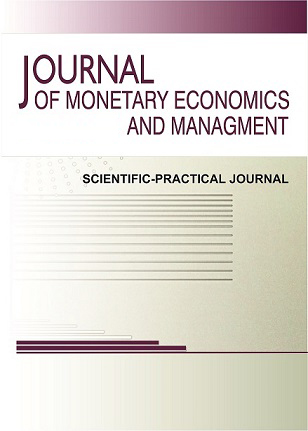graduate student
graduate student
graduate student
In the winter of 2021, what many still call an "energy failure" happened in the Krasnoyarsk Territory. Due to the accident at the coal-fired power plant, 50,000 people were left without heating at -40°C. It wasn't just the batteries that were freezing — boiler rooms were shut down, schools switched to distance learning, and the local dairy lost 15 tons of products that it couldn't keep without heat. This case is not just an emergency, but a vivid example of how fragile the connection between energy, housing and communal services and the economy of the region is. When one link breaks, everything suffers. Energy security is not an abstract term from textbooks. This is what determines whether the plant will be able to launch a new line, whether the hospital will have enough electricity for life support, and whether a winter evening will turn into a struggle for survival. Take Yakutia, for example.: 80% of its villages still depend on diesel generators. Tariffs here soar to 10 rubles per kWh, and small businesses are forced to spend a third of their profits on fuel. How can the region break out of this vicious circle? The purpose of the article is to show that energy is not just a "resource in the socket", but the basis for a breakthrough. Through an analysis of successes (as in the Kemerovo region, where the modernization of boiler houses saved the budget 1.5 billion rubles) and failures (wear and tear of networks in the Arkhangelsk region, which lose 30% of heat), we will reveal how energy availability affects everything from housing and communal services tariffs to investment attractiveness.
region, energy housing and communal services, economy, Russian Federation, Russia
1. Otchet Minenergo RF «Avarii v energosistemah» // Ministerstvo energetiki RF URL: https://minenergo.gov.ru/open-data/implementation-of-the-concept-of-openness/reports (data obrascheniya: 10.04.2025).
2. Dannye Pravitel'stva Respubliki Saha (Yakutiya) // Oficial'nyy informacionnyy Portal Respubliki Saha (Yakutiya) URL: https://www.sakha.gov.ru/ (data obrascheniya: 10.04.2025).
3. Sergachev A.A., Ryapolov A.N. Ekonomicheskaya ocenka tekuschego sostoyaniya i perspektiv modernizacii sfery ZhKH // Zhurnal Agrotehnika i energoobespechenie. - 2020. - №3. - S. 45-51.
4. The International Renewable Energy Agency (IRENA) // IRENA URL: https://www.irena.org/Publications/2024/Jul/Renewable-energy-statistics-2024 (data obrascheniya: 10.04.2025).
5. International Energy Efficiency Scorecard // aceee URL: https://www.aceee.org/international-scorecard (data obrascheniya: 10.04.2025).
6. Antikrizisnye izmeneniya stroitel'noy otrasli i zhilischno-kommunal'nogo hozyaystva (po sostoyaniyu na 1 maya 2022 g.) // Minstroy Rossii URL: https://www.minstroyrf.gov.ru/press/minstroy-rossii-i-obshchestvennyy-sovet-pri-vedomstve-provedut-onlayn-konferentsiyu-po-podderzhke-ot/ (data obrascheniya: 10.04.2025).
7. Pavlov E.I. Formirovanie programm energosberezheniya v ZhKH s uchetom sprosa na rynke energosnabzheniya // Zhurnal Upravlenie ekonomicheskimi sistemami: elektronnnyy nauchnyy zhurnal. - 2012
8. Tarify na teplovuyu energiyu dlya naseleniya po regionam // Regional'naya energeticheskaya komissiya Sahalinskoy oblasti URL: https://rec.admsakhalin.ru/about/news/6153/ (data obrascheniya: 10.04.2025).









